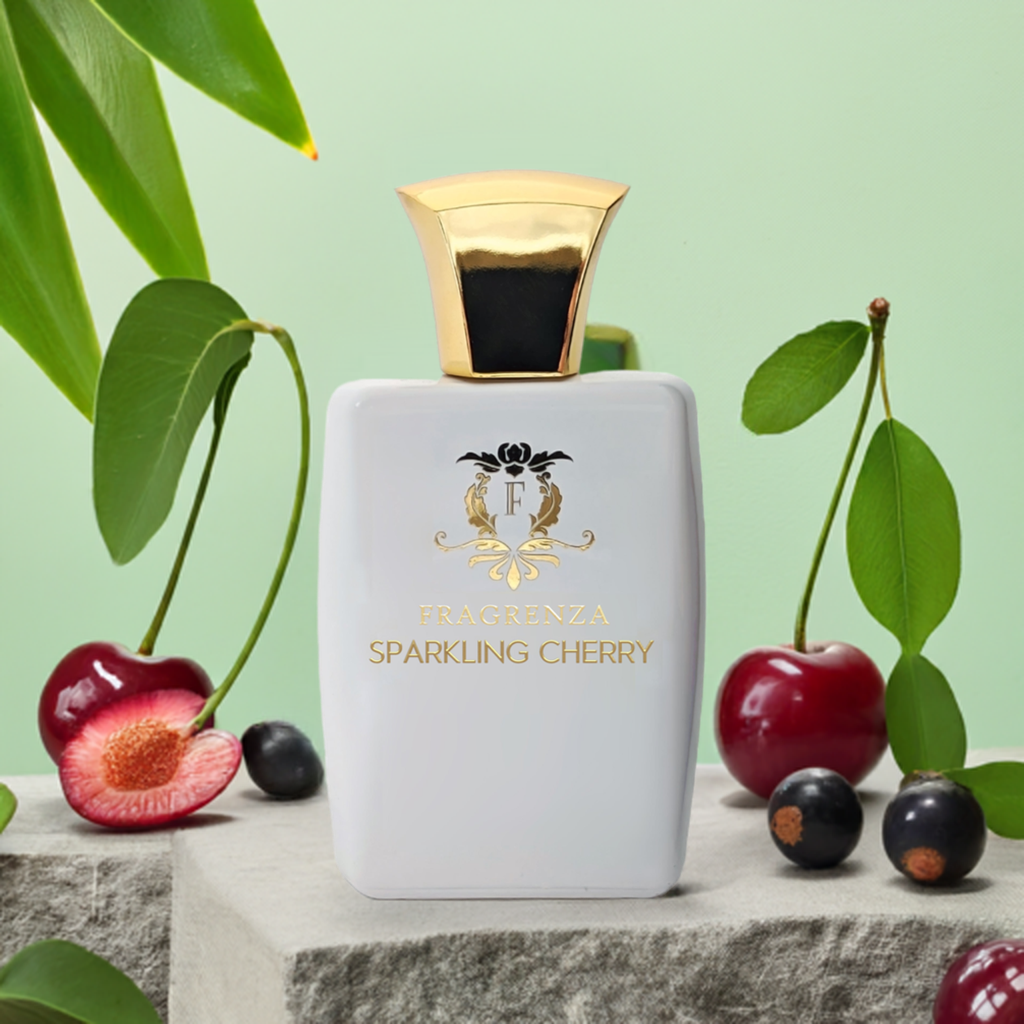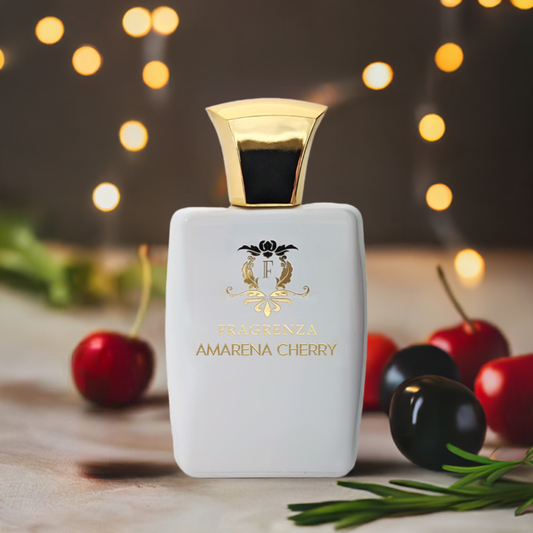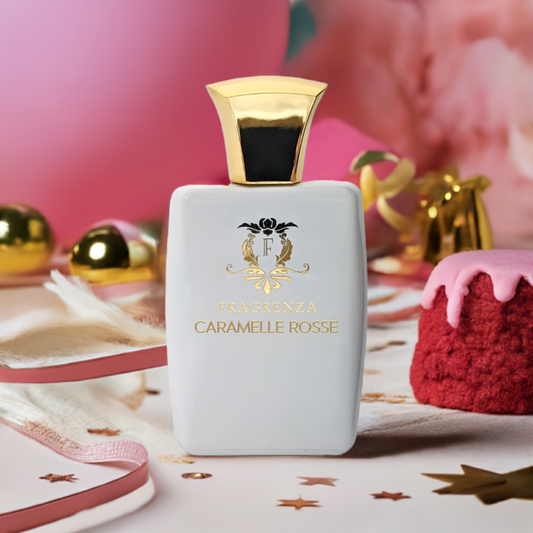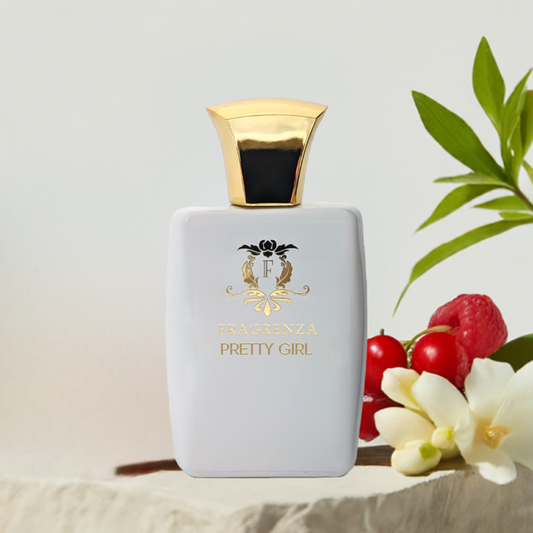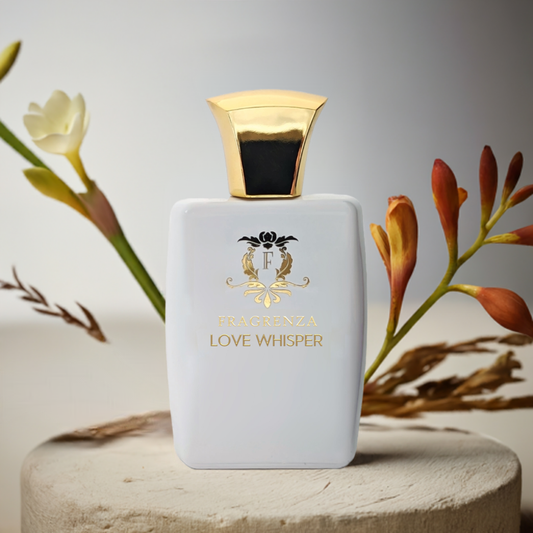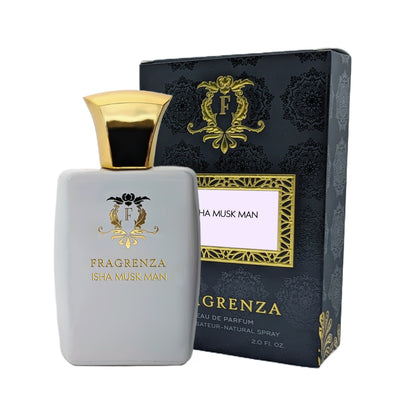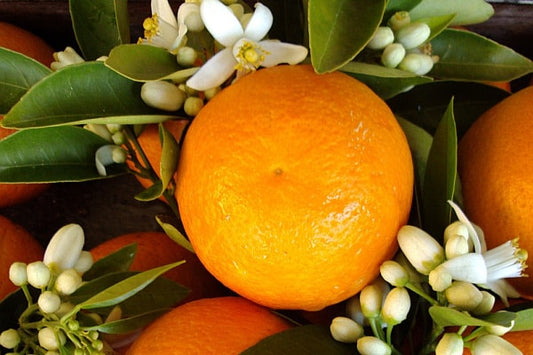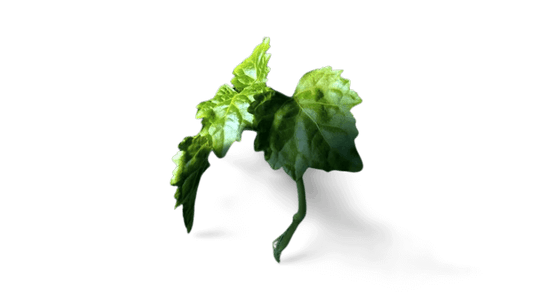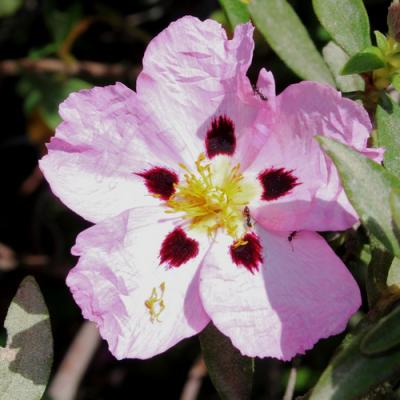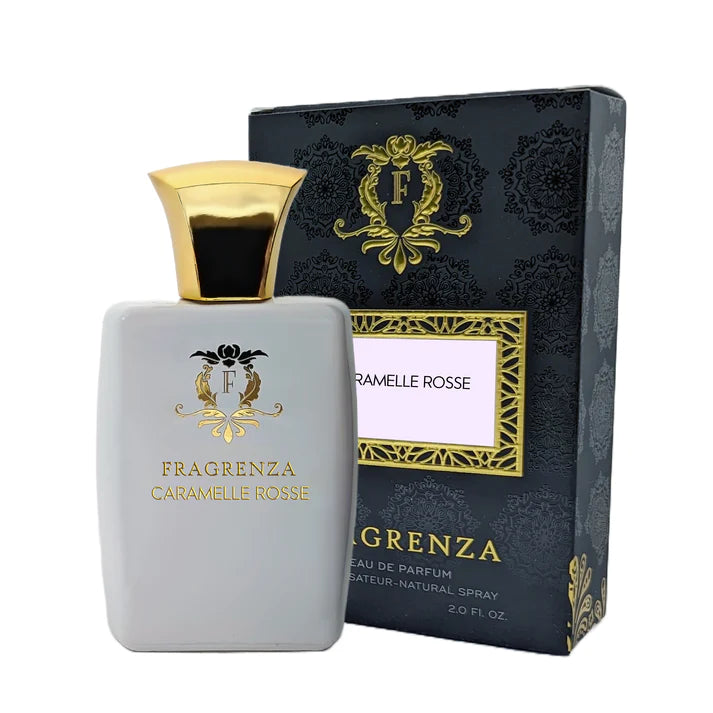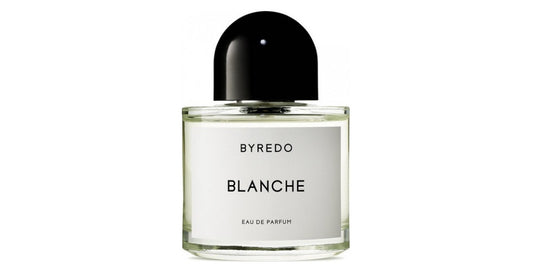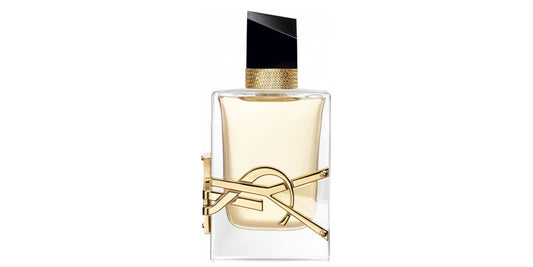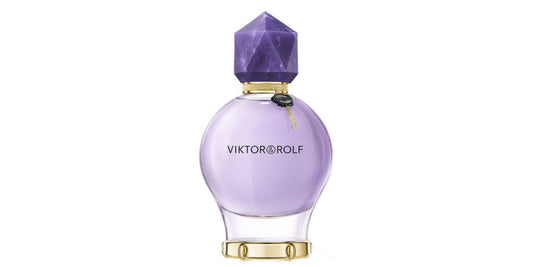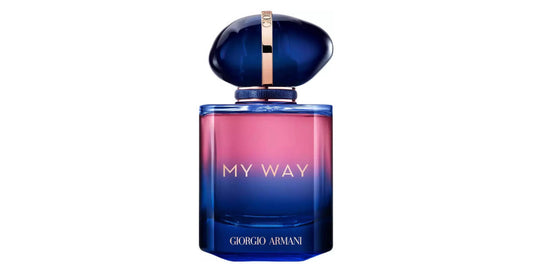What does rosemary smell like
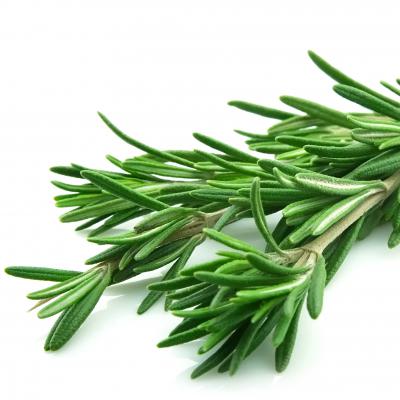
In This Article
Queen of Hungary Water and Rosemary
The numerous virtues and remarkable olfactory qualities of rosemary have been recognized since the 14th century, if not earlier. Legend has it that an elderly and ailing Queen of Hungary received a miraculous perfume from a monk to alleviate her rheumatism. The 72-year-old Queen was captivated by this rosemary scent that rejuvenated her beauty and youthful vigor. It is said that this perfume even helped her win the heart of the Prince of Poland! In honor of the Queen, the concoction made from flowering rosemary branches was named "Water of the Queen of Hungary." It was renowned for its heavenly scent and its virtues until the famous Eaux de Cologne eventually supplanted it. Today, there are many rosemary-based perfumes. However, the house of Fragonard, committed to this beautiful tradition, has decided to release a new fragrance that emulates the Water of the Queen of Hungary.
Aromatic Notes and Rosemary in Modern Perfumes
Rosemary belongs to the aromatic or rustic notes family in perfumery. This olfactory family has been well-known for centuries as the foundation of the famous Eaux de Cologne. While Eau de Cologne may be somewhat outdated today, aromatic notes, particularly those derived from rosemary, are predominantly featured in men's perfumes. Aromatic notes create dynamic scents and are typically associated with masculine or sporty fragrances. One of the first men's perfumes centered around aromatic notes was Pour un Homme, created in 1934 by D'Altdorf. Pour un Homme combines citrus, aromatic, and woody notes in an invigorating blend that men found highly appealing.
While men have embraced aromatic notes for their citrus or spicy perfumes, some designers have ventured to create women's fragrances within the same range. In 1975, Diptyque sought to innovate by offering a fragrance with distinct aromatic notes that remained feminine. L'Eau Trois delicately distills rosemary, along with thyme, bay leaf, and marjoram. As current perfumery trends lean towards a return to natural raw materials, it's likely that our noses will continue to discover delightful rosemary surprises in the future!
The Timeless Allure of Rosemary
Rosemary's allure has transcended time, becoming a staple in modern perfumery. Its stimulating and invigorating qualities make it a sought-after ingredient for both men and women's fragrances. As a versatile and refreshing note, rosemary has found its place in various perfume compositions, often imparting a sense of sophistication and depth.
Rosemary in Unisex Fragrances
With the growing interest in unisex fragrances, rosemary has gained even more prominence in the perfume industry. The herb's versatile nature allows it to blend seamlessly with both traditionally masculine and feminine scents, creating fragrances that appeal to a broad range of individuals. Its compatibility with various notes, such as citrus, floral, and wood, makes it an ideal choice for gender-neutral perfumes that embody a sense of elegance and freshness.
Rosemary in Niche Perfumery
Niche perfumery has provided an opportunity for unique and innovative fragrance compositions, and rosemary has become an essential player in this arena. Independent and artisanal perfumers are crafting exceptional scents that celebrate rosemary's herbal charm, often using natural and high-quality ingredients to create luxurious and captivating fragrances. These artisanal creations pay homage to the timeless allure of rosemary, while also exploring new and unexpected combinations that delight the senses.
The Future of Rosemary in Perfumery
As perfumery continues to evolve and embrace natural ingredients, rosemary's role in the world of fragrance is likely to grow even more significant. Its versatility, rich history, and captivating aroma ensure that it will remain an indispensable component in perfume compositions for years to come. The exploration of new and innovative pairings with rosemary will undoubtedly lead to the creation of even more enchanting scents, capturing the hearts of perfume enthusiasts worldwide.
